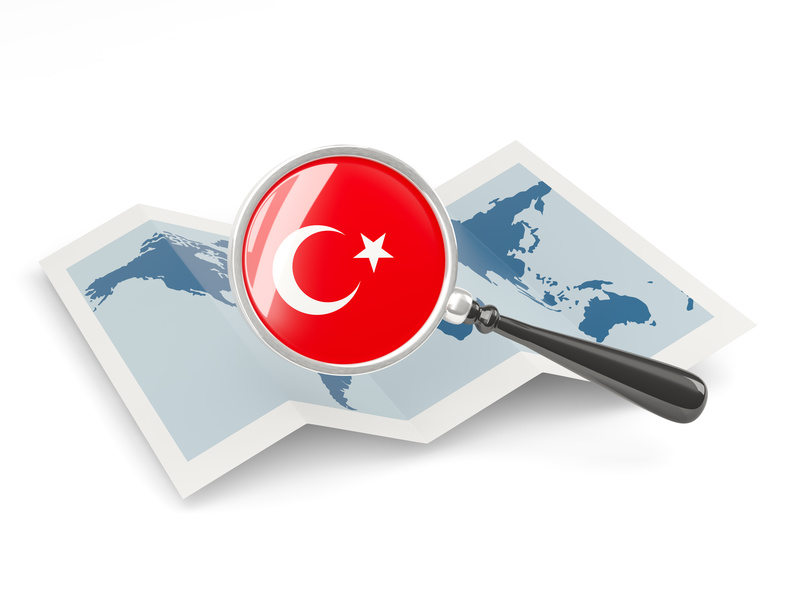Turkish imperialism
What strategy do the Turks use in negotiation? These same cultural fundamentals are at work in Erdogan's efforts to extend his influence.

Erdogan appears on all international fronts: fighting in Syria, presence in Libya, pressure on Europe by using refugees, confrontation with Russia and the United States. He is everywhere!
Turkish cultural fundamentals
Erdogan's political choices are guided by two Turkish cultural fundamentals: a strong pragmatism in decision-making and the right calculation of the balance of power in negotiation.
Turkish-style negotiation
Balance of power
In general, Turks negotiate on a simple basis: if you are weak, they are strong; if you take a step backwards, they take a step forwards, pushing as hard as they can.
Pragmatism
My Turkish suppliers all tell me the same thing: "it's easy to negotiate with the French because they want to be right, while we want to win." Turks are governed by a very strong pragmatism, unlike other cultures where the importance of "face" can lead negotiations to get bogged down.
Turkish cultural fundamentals at work
Mr. Erdogan's actions in Syria illustrate his accurate observation of the forces at work. He saw the opportunity to confine "Kurdish terrorism" to the Syrian area, no one stood in his way, he went in by force.
When Mr. Erdogan threatens the European Union to facilitate the passage of a few Syrian refugees, it immediately offers him 4 billion euros.
As for pragmatism, one only has to observe his confrontations with Trump and Putin. Despite his up-to-the-minute and fractious statements, he never crosses the red line. In 2018, he vowed that Pastor Andrew Bronson would remain in prison. Finally, he was released a few months after the Americans orchestrated a sharp drop in the Turkish lira.
Emergence of "Turkish soft power" in North Africa
Erdogan dreams of being the sultan of a new Ottoman empire 2.0 and wants to establish his country as a regional power for good. One of the objectives of his agenda is the deployment of a strong political and religious leadership towards the Muslim countries of ex-Yugoslavia, the Near East and North Africa.
Being well regarded in North Africa positions Turkey favourably in its local struggle for influence with Saudi Arabia. It is also one of the levers for rapprochement with Qatar, its Arab ally of circumstance.
Turkey is riding a double wave in North Africa: a strong desire to "disengage" from Europe and a return to Islamic values. The Turkish model is perceived as a triple success story: economic, political and diplomatic, combining modernity and Islam.
Future of Turkey's economic stability
In recent years, Qatari investments have helped sustain growth and keep alive the middle-class dream from which Erdogan derives his legitimacy. For its part, Qatar needs to counteract Saudi pressure and the 800,000-strong Turkish army is a good argument.
The current economic overheating partly explains Erdogan's foreign adventures and his need to weld the country around him after the attempted coup in 2016.
He survives in the midst of great powers by identifying pressure points. Nevertheless he knows that Turkey (15th largest economy in the world) is a colossus with feet of clay.
The economic destiny of Turkey will be played out more and more internationally. Mr. Erdogan's attempts, which have not been very effective for the moment, in Latin America, West Africa and Asia show the path he intends to follow: conquering new markets and completing Turkey's economic transformation.
